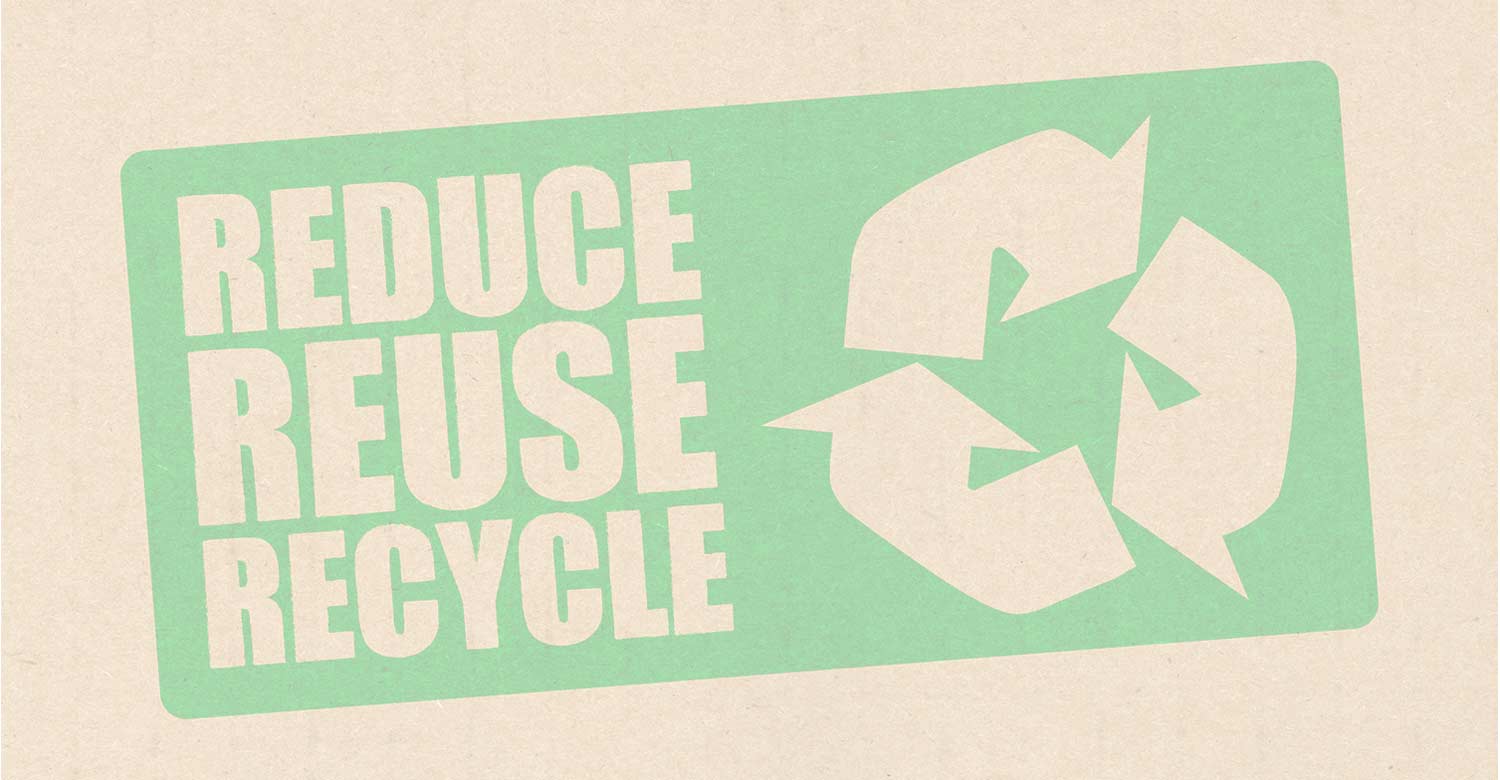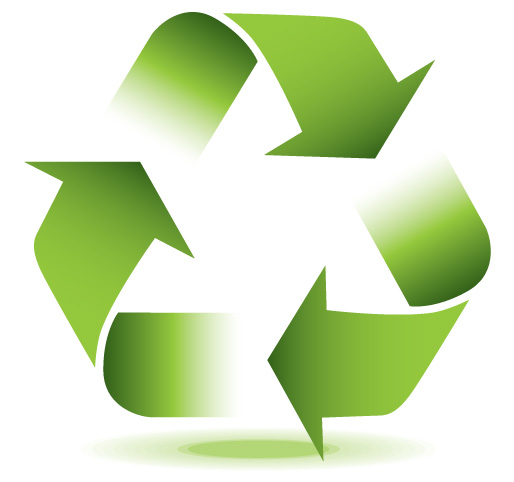November 5, 2023
VC Star
You probably know you can place food scraps in your organics curbside cart, but do you know what types of organics belong in the garbage cart? The organics cart at many homes is still labeled “yard waste only,” even though lumber has always been allowed and food scraps are now accepted in local programs, bagged in some areas and unbagged in others. However, with so much focus on food waste collection over the past two years, America Recycles Day may be a good time to remind residents about other recycling rules.
America Recycles Day is Nov. 15, the 29th annual celebration of an event first coordinated nationally by the National Recycling Coalition, a recycling trade and advocacy group, and now organized by Keep America Beautiful, a nonprofit funded by the U.S. Environmental Protection Agency and major corporations.
Focusing on reminding people how and why to recycle, the Keep America Beautiful website offers an interactive “recycling reality” quiz, and the U.S. EPA’s website for America Recycles Day has a “How do I recycle” guide for common items.
Locally, organics have been the focus of public outreach for recycling advocacy in the past two years, due to food recycling initiatives launched in compliance with state mandates. Refuse collection companies and public agencies sponsored bill inserts, announcements, fliers, social media posts and host of other methods explaining which areas require bagging of food scraps, which allow bags but prefer food loosely mixed with the yard clippings, what types of bags may be used, how to acquire pails or improvise with items such as plastic containers for kitchen collection of scraps.
Consequently, most people know by now how to include food scraps in their curbside organics cart, and many even have access at work to commercial organics recycling carts or bins. In some areas, even food-soiled paper can be added to organics carts. Athens Services accepts food-soiled paper in organics carts, provided it is 100% fiber-based, has no dye or coating and was used for food contact. In areas served by
other haulers, paper is not accepted.
The short answer on what organics to not include in the organics cart is the following: ivy, palm, yucca, the invasive grass called Arundo, particle board and treated lumber.
Ivy, palm, and yucca break down more slowly than other organics, so they can cause problems with mulch and compost processes.
Arundo donax, the bamboo-like giant reed, is more problematic. Generally growing along waterways, but sometimes used as a privacy screen between homes, this invasive exotic species is referred to as “devil weed” because it is environmentally destructive and hard to kill. Unless cut into tiny pieces, the root balls, and in some cases even the stems, can re-sprout stalks and spread this water-wasting, fire-prone, channel blocking nuisance.
If you remove this weed from your yard or participate in an event to remove it from a waterway, ensure it is professionally managed on site, separately processed with special handling, or disposed in a landfill,
rather than recycled with yard clippings.
Regular lumber and plywood can be placed in curbside organics carts, provided the cart lid can still close. In areas of the county served by Harrison Industries, lumber is accepted even if it holds nails and even if painted with non-lead-based paint. However, in other areas, neither nails nor water-based paint are acceptable.
Treated lumber is banned not just from the organics cart, but also from the other curbside carts and commercial containers. Wood treated with preservatives such as creosote, is usually identifiable by green or dark brown coloring and densely pock-marked with tiny holes where chemicals were injected.
For example, railroad ties, although used in the past for landscaping purposes such as retaining walls, must be disposed not just separately from organics but also separately from regular garbage. Landfills such as the Simi Valley Landfill, managed by WM, formerly Waste Management, require advance notice of loads containing treated lumber, so staff can segregate the material in specially prepared and monitored portions of the site.
This America Recycles Day, learn the rules to recycle right and tell a friend. Visit www.americarecyclesday.org.
Ventura County Public Works Environmental Resource Analyst David Goldstein can be reached at 805-658-4312 or david.goldstein@ventura.org.








